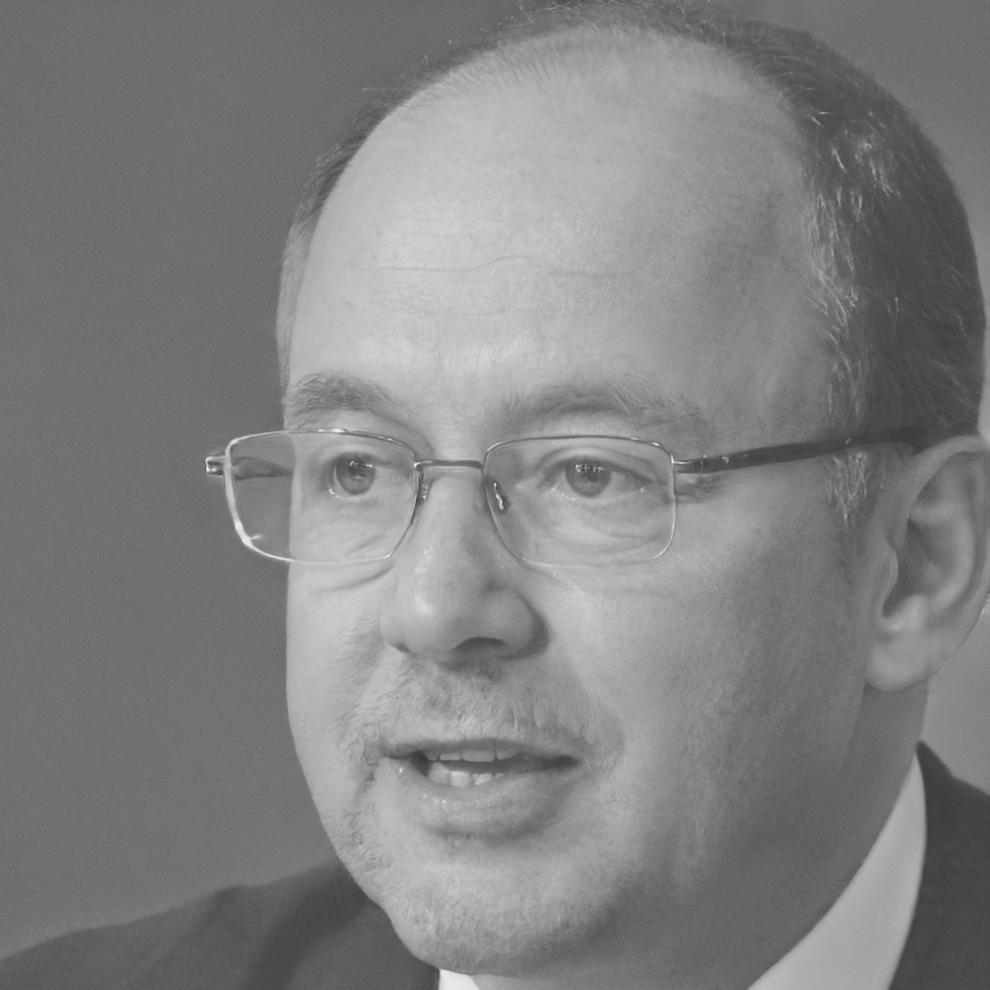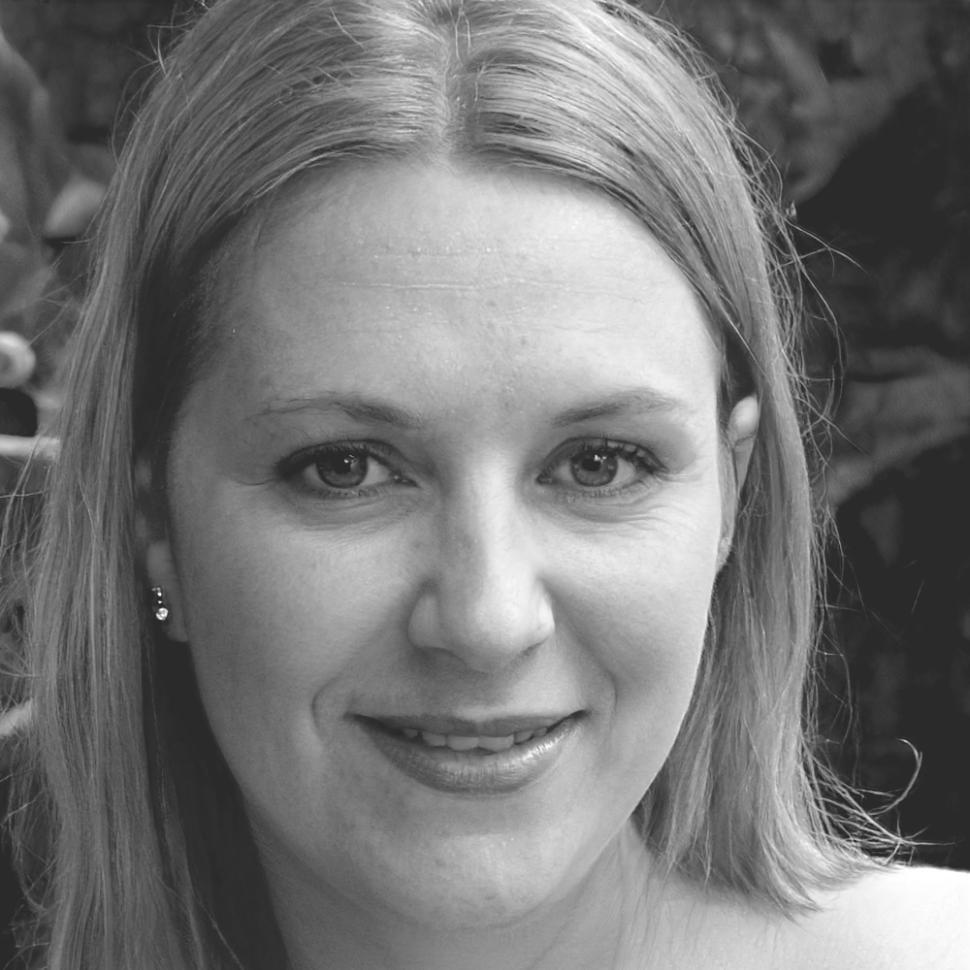Your Path Through Investment Anxiety
Most people starting their investment journey face the same fears. We've spent years helping Belgians move from uncertainty to confidence—not through shortcuts, but through genuine understanding and practical steps that actually work.
How We Built Our Approach
Since founding Klamprix Pyl in early 2019, we've learned what actually helps people get started with investing. Here's how our method developed over time.
Starting Point
We opened in Namur after noticing how many people wanted to invest but felt paralyzed by conflicting advice. Our first workshops focused on breaking down investment concepts into plain language. Turns out, most fear comes from not understanding the basics.
First Real Tests
The market volatility in 2020 taught us everything. We saw which teaching methods helped people stay calm and which ones didn't. That year reshaped our entire curriculum. We stopped focusing on market predictions and started teaching decision-making frameworks instead.
Expanding Methods
We introduced our step-by-step program after seeing too many people try to learn everything at once. Breaking the journey into manageable phases—understanding risk, building basics, then gradually expanding—made the difference for hundreds of participants.
Belgian Market Focus
We refined our approach specifically for the Belgian context. Tax considerations here differ significantly from generic advice you'll find online. Our participants needed Belgium-specific guidance, not translated content from other markets.
Where We're Heading
This year we're focusing on helping people build sustainable investment habits. Not dramatic portfolio changes, but consistent learning and gradual confidence building. Our autumn 2025 program launches in September with updated content based on what we've learned works best.
Our Learning Structure
We organize everything into three progressive phases. Each one builds on the previous, so you're never overwhelmed or left wondering what comes next.
Foundation Phase
This phase addresses the psychological barriers first. You can't make good investment decisions when you're anxious about losing money or confused about terminology.
- Understanding what risk actually means for you personally
- Reading basic financial statements without panic
- Recognizing common investment myths vs. reality
- Building your initial financial safety structure
Practice Phase
Here's where theory meets reality. We work through actual Belgian investment scenarios, using real market conditions and tax implications you'll encounter.
- Evaluating different investment vehicles available in Belgium
- Starting small with manageable amounts
- Tracking and understanding your investment performance
- Adjusting strategies based on your life circumstances
Development Phase
Once basics are solid, we help you develop your own investment approach. Not copying someone else's strategy, but building one that fits your situation.
- Creating your personal investment criteria
- Handling market volatility with perspective
- Knowing when to adjust and when to stay the course
- Planning long-term without overthinking short-term noise
Who Actually Teaches This
Our instructors have all worked through their own investment anxieties. They know what helps because they've been where you are.

Ruben Delacroix
Investment Psychology Instructor
Ruben spent his first two years investing making every mistake possible. Now he helps others skip those painful lessons. He focuses on the emotional side of investing—the part most courses ignore but that determines whether you'll actually stick with it.

Saskia Verhoeven
Practical Strategies Instructor
Saskia teaches the Belgian-specific parts of investing that generic courses miss. She worked in financial services for a decade before switching to education. Her sessions focus on actual implementation rather than just explaining concepts.

See How We Teach
Our sessions combine clear explanations with hands-on practice. We use real market examples from the Belgian context, not abstract theories. Most participants tell us the practical focus made the difference—they finally understood not just what to do, but why and how.
Explore Our Program